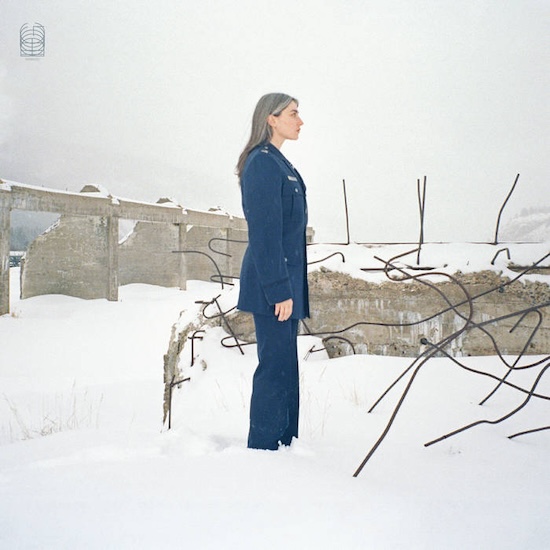An often brandished marker of quality is something’s ability to ‘stand the test of time’. In London’s only lighthouse, up a set of creaking stairs and overlooking an Eastern meander of the Thames, a carefully coordinated composition of singing bowls has gently rung out for twenty-four years. And it is due to continue for another 976 without repetition. The vast scope of Jem Finer’s Longplayer, if it stays the course, will connect human beings across a millennia, hearing the same piece of music in subtly altered sections.
Kali Malone is another artist working with long form pieces of sound. Admittedly the durations of her creations tend to be measured in minutes and hours rather than years. Whilst this latest outing may be considered long, clocking in at seventy-eight minutes; the pieces themselves, by drone standards, are relatively short. Only two tracks creep into double figures.
And rather than looking forwards, Malone is reaching back. The album eschews the electro acoustics of recent albums Living Torch and last year’s epic Does Spring Hide Its Joy in favour of the organ dirges of breakthrough record, The Sacrificial Code. The pieces on All Life Long (with its unexpected echo of Lionel Richie) were written, performed, and recorded between 2020 and 2023. Some of them first appeared during the 2021 Variations Festival in Nantes, France, as part of a live-streamed performance by Malone and her now husband Stephen O’Malley, accompanied by the Macadam Ensemble. Their combined efforts focused on heavy-hearted, sustained notes which seemed so tied to the pandemic. Now repurposed, these carefully intoned shifts are allowed to hold court for lengthy periods. Giving us space and time to sit and consider the softly undulating nuances that creep into our attention throughout All Life Long.
In addition to her trademark organ notes, the aforementioned Macadam Ensemble also reappear. Their intertwining choral voices echo and merge, layering, separating and reframing these profoundly sombre and grand performances from the sacred into a more communal and profane usage. There’s the welcome addition of braying brass here too. The timbre of the horns initially giving a golden sheen, as if heralding a new day. Later, they return burning with melancholy.
Returning is a theme which gradually emerges over the course of the record. But Malone isn’t just returning to these pieces formed four years ago. Within the album itself she revisits tracks, replaying and reconsidering them with a different instrumental palette. With reinterpretations of earlier motifs performed in slow-motion dances by voice, brass, or organ. The combinations locking together sweetly and, occasionally, dissonantly.
There’s a weightiness to these reconsiderations. An attempt at changing the past, trying to find a different route. A forlorn ache lashing it all together. That accepting sensation that comes down the road of loss. A pensive hope held on to for long enough that it melts away. The power of these long form works is the room afforded to imprint your own interpretations, feelings, and notions upon them like Rorschach tests or perceiving shapes in clouds. Will these drones imprint the same emotions and thoughts a thousand years from now? Only time will tell.



